
Public health workers push back against anti-vaccine claims at Somali community meeting
Asia Dahir of Spring Lake is convinced that a measles shot her now 14-year-old son Adam received as a baby is responsible for his autism. No scientific studies have found proof of a connection. But Dahir says parents should make inoculation decisions themselves — and not give in to what she says is "bullying" by the medical establishment.
"If the consequences are greater than the benefits, it's better to leave it alone," Dahir said.
Dahir was among 90 people — many of them also Somali-American — who came to a Lake Street ballroom in Minneapolis Sunday night for a meeting organized by five anti-vaccine groups. Their message: autism is the real epidemic, not measles.
• Listen: How anti-vaccine movement sounds to autistic community
• 2011: Fraudulent researcher did more than scare parents away from vaccines
For an hour they listened as businessman and vaccine skeptic Mark Blaxill downplayed the risk of dying from measles. Blaxill, whose adult daughter has autism, repeatedly emphasized the purported but discredited link between vaccines and autism. And he claimed public health research on the matter is rife with fraud.
"It is a fact that vaccines can cause autism," said Blaxill. "That's not the controversy. The controversy is how many cases of autism are caused by vaccines."
Not true at all, says Dr. Andrew Kiragu of Hennepin County Medical Center. Kiragu was one of at least three pediatricians who sat in the audience quietly fuming as Blaxill clicked through his Powerpoint slides.
At the end, Kiragu took the microphone and told the audience that the autism-vaccine link is bogus.
• Once a vaccine skeptic: Why this mom changed her mind
• More: Parents who shun vaccines tend to cluster, boosting children's risk
"When you talk about fraudulent activity, this is fraudulent activity," said Kiragu. "This is a travesty. I understand people have concerns about vaccinations. People have concerns about autism. But linking the two, especially in a situation like this, I feel is extremely sad."

At least 34 Minnesota children have contracted measlessince an outbreak began in Hennepin County last month. The state health department reports nearly all of the cases are in Somali-American children ages 5 and younger. Public health officials and Somali community leaders urge parents to get their kids vaccinated immediately.
Public health officials say the vaccination rate among 2-year-olds in Minnesota's Somali-American community is just 42 percent, compared with 88 percent of non-Somali kids.
The rates started falling a decade ago after reports suggested a higher incidence of autism among Somali students in Minneapolis than in the population as a whole. Around the same time, anti-vaccine advocates began spreading word of a link.
• More: Vaccine fears driving measles outbreak among Somalis
• Study: Mpls. Somali, white children equally susceptible to autism
Anab Gulaid is Somali-American and an adviser to the state health department. She also researches autism at the University of Minnesota. Gulaid said because the disorder is often diagnosed around the same time kids get their shots, some parents draw erroneous conclusions.
"When a parent says 'my child was saying words, and after the immunization my child stopped saying words,' they link the two," said Gulaid. "That's ultimately what makes sense to them."
Gulaid said unlinking autism and vaccines has been challenging. But public health officials are getting the word out with the help of community leaders.
Dr. Michael Osterholm said the fight against pseudoscience is quite literally a matter of life and death. He heads the Center for Infectious Disease Research and Policy at the U and was state epidemiologist in 1990 when a measles outbreak sickened 460 people in Minnesota and left three dead.
• Think your child has the measles? Call before you seek care
Osterholm also attended the presentation Sunday night, and said downplaying the potential lethality of measles is irresponsible because the virus can kill vulnerable people — especially those with compromised immune systems.
"This is a very serious situation," said Osterholm. "And when I watch what I saw tonight, and I see these people preying on a community that wants answers, I find this just abysmal. It's the worst of human behavior."
Osterholm said he expects the outbreak to grow. State health department infectious disease division director Kris Ehresmann reports two people not of Somali descent have contracted measles.
But the good news, she said, is that the estimated 1,500 people exposed to the virus in the last two and a half weeks have not contracted the disease, indicating the measles vaccine is working.



 0
0 
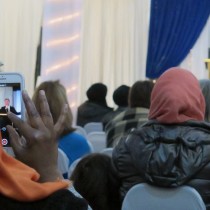




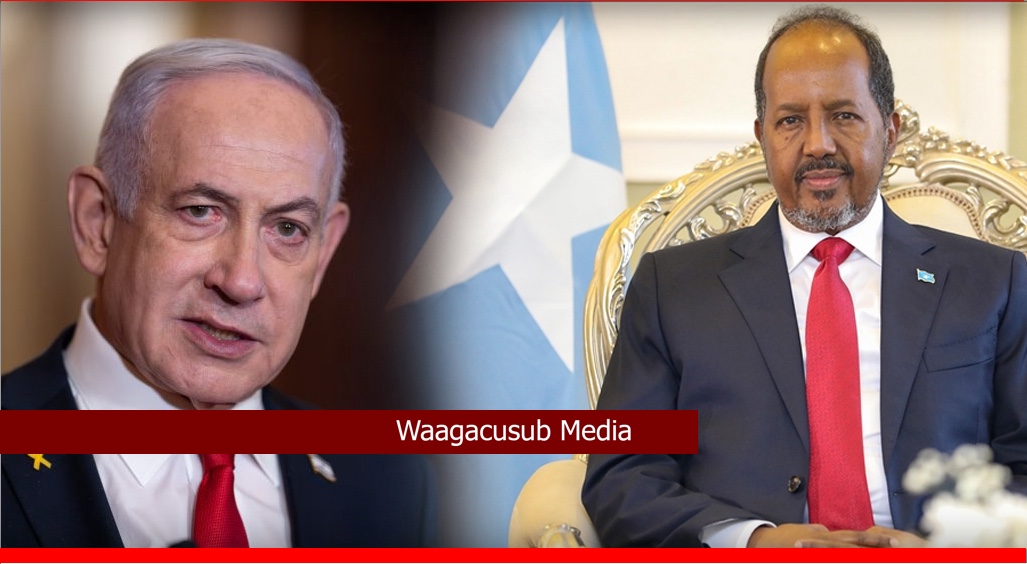

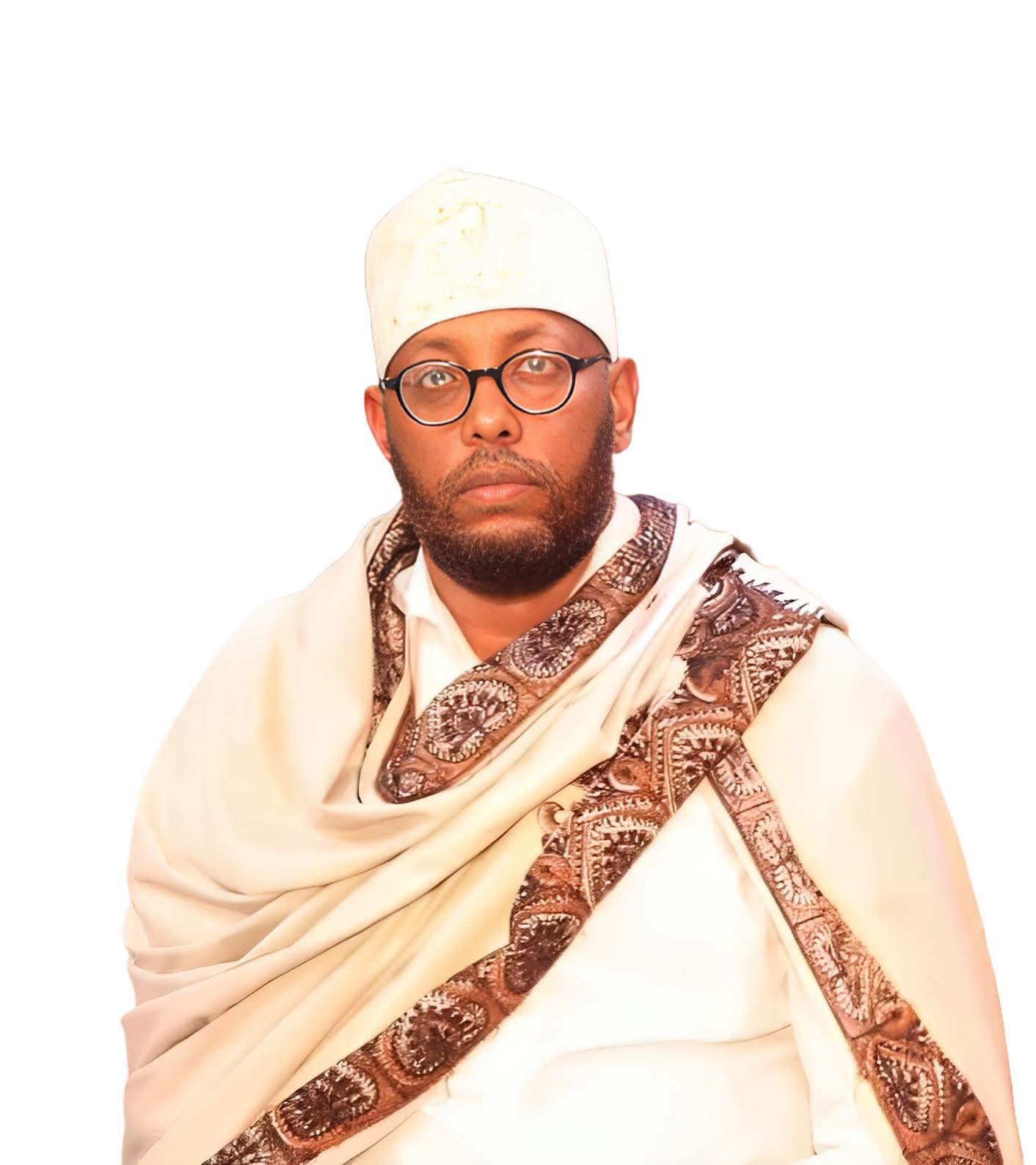

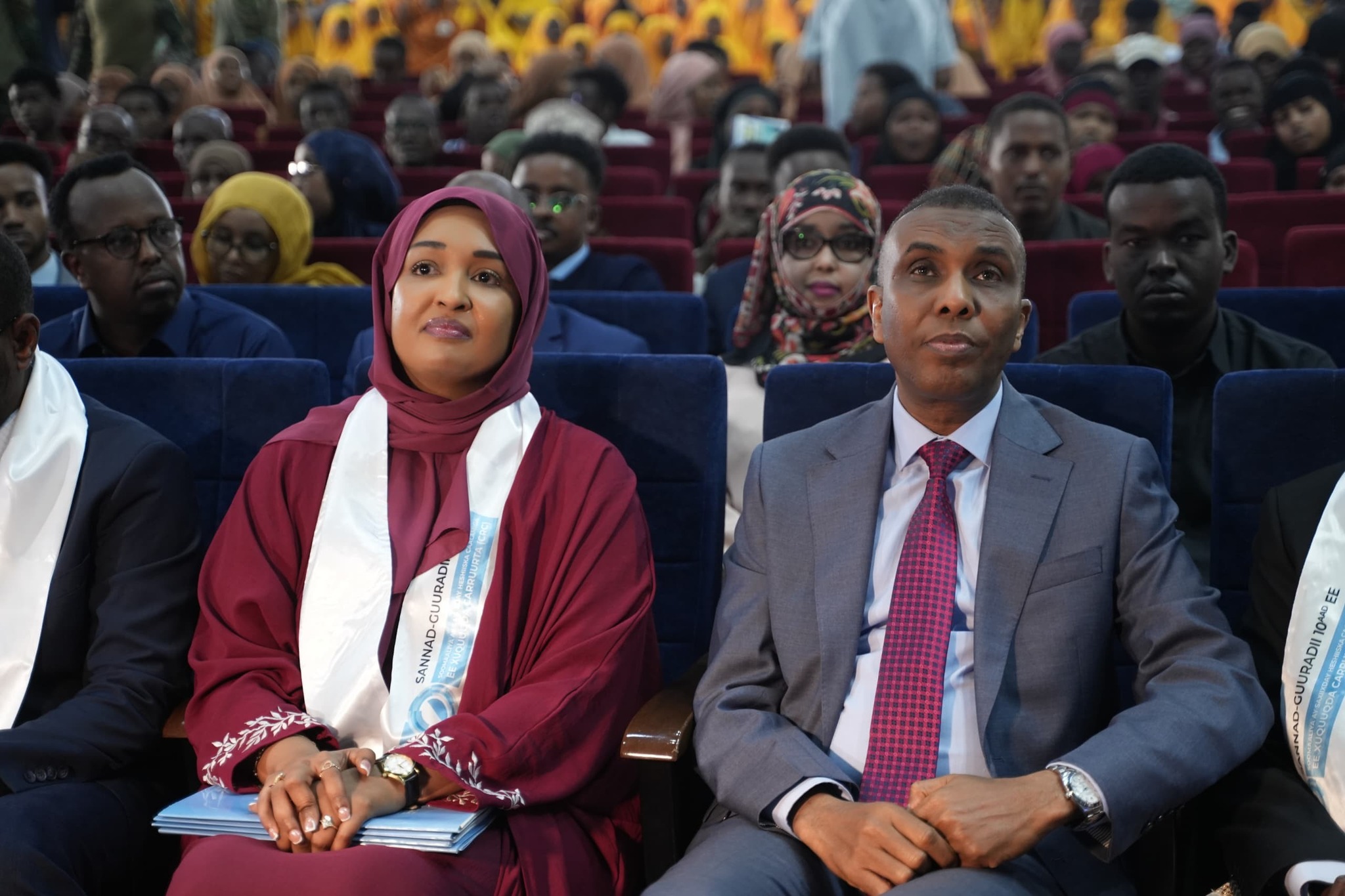
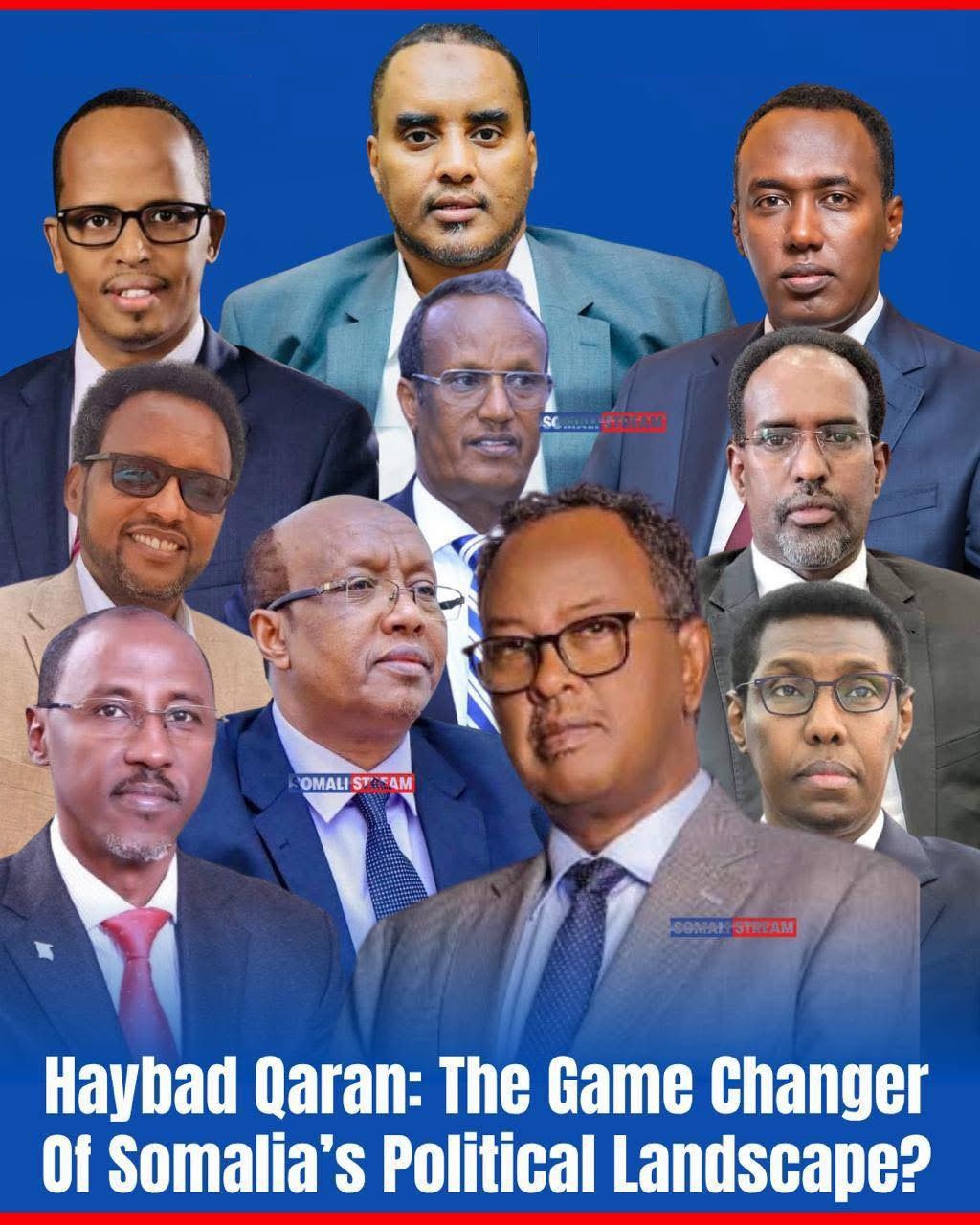


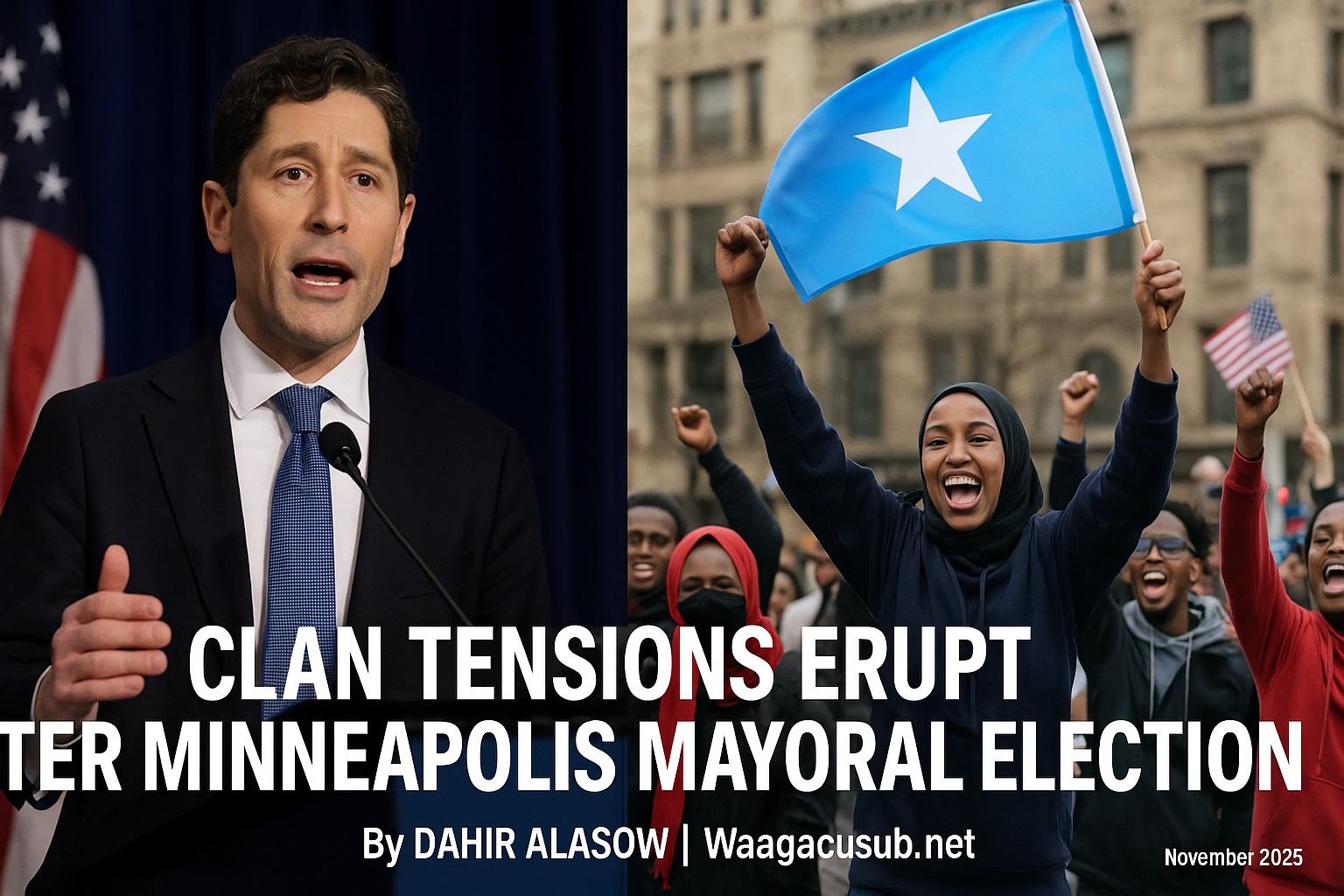
Public health workers push back against anti-vaccine claims at Somali community meeting
"If the consequences are greater than the benefits, it's better to leave it alone," Dahir said.